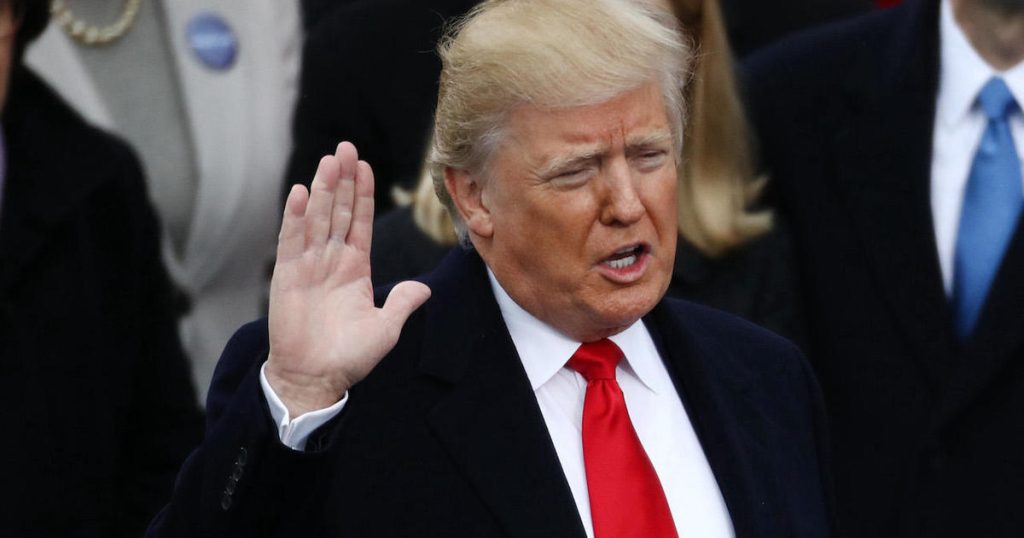President-elect Donald Trump will be sworn in as the 47th president of the United States on January 20th, 2017. This date marks the transition of power from outgoing President Barack Obama to the newly elected president. The inauguration ceremony will take place on the steps of the U.S. Capitol in Washington, D.C., and will be a significant event in American history. Trump’s inauguration will be attended by political leaders, dignitaries, and citizens from around the country, all gathering to witness the official transfer of power.
Leading up to his inauguration, Trump and his transition team will be working to prepare for his presidency. This includes selecting key members of his cabinet, outlining his policy agenda, and setting priorities for his first days in office. The transition period is a critical time for the incoming administration to ensure a smooth transfer of power and to begin laying the groundwork for implementing their agenda. Trump’s team will be focused on briefing him on national security issues, economic matters, and other key areas of policy that he will need to address once in office.
After being sworn in as president, Trump will immediately begin his duties as the leader of the country. This will include delivering his inaugural address to the nation, attending inaugural balls and events, and beginning to implement his policy agenda. Trump will also begin working with Congress to pass legislation, meet with world leaders to discuss foreign policy matters, and make key decisions that will shape the direction of his presidency. The first 100 days of a new administration are typically seen as a crucial time for setting the tone and direction of the presidency.
As the 47th president of the United States, Trump will face a range of challenges and opportunities during his time in office. These may include addressing issues such as healthcare reform, immigration, national security, and economic growth. Trump’s administration will also need to navigate a complex political landscape, working with Congress to pass legislation and dealing with opposition from both political parties. Trump’s leadership style and policy decisions will be closely watched by the American public and the international community as he sets the course for his presidency.
Trump’s inauguration will be a momentous occasion in American history, marking the peaceful transfer of power from one administration to the next. The inauguration ceremony will be a symbol of democracy and the peaceful transition of power that is a hallmark of the American political system. It will also be a day of celebration for Trump supporters and a time of reflection for those who may have opposed his candidacy. The eyes of the nation and the world will be on Washington, D.C., as Trump takes the oath of office and begins his term as president.
In the months leading up to his inauguration, President-elect Trump and his team will be working diligently to ensure a smooth transition and to be fully prepared to take on the responsibilities of the presidency. Trump’s inauguration date of January 20, 2017, will mark the official beginning of his term as president and the start of a new chapter in American history. As he takes the oath of office and delivers his inaugural address, Trump will set the course for his presidency and begin the work of leading the country for the next four years.














